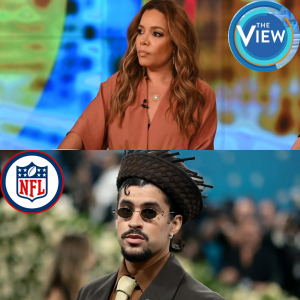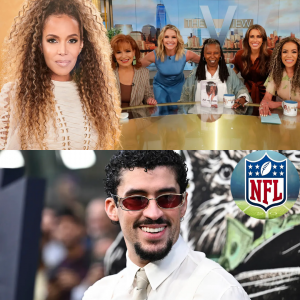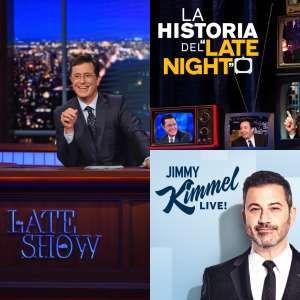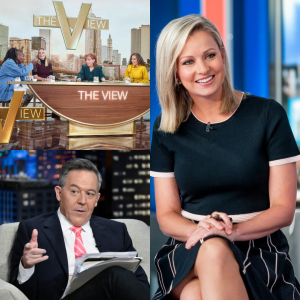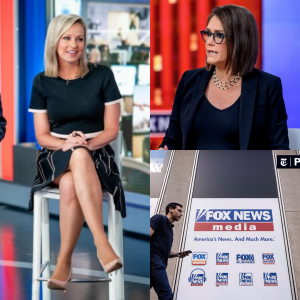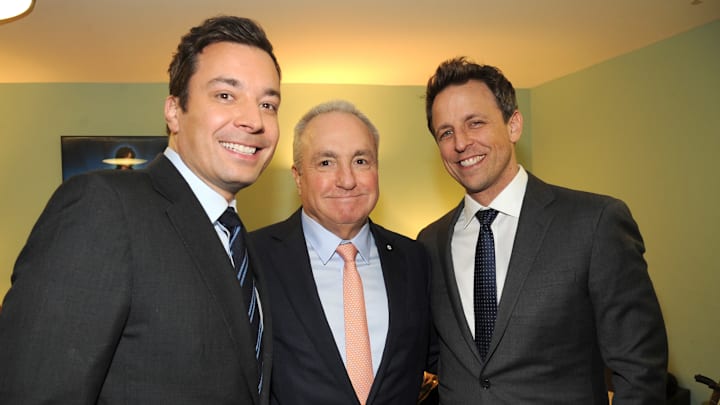
Millions of late-night fans could soon find their favorite shows gone dark. NBCUniversal and Google are locked in a bitter contract standoff that may force YouTube TV to drop all NBCU-owned channels — including NBC itself — after Tuesday, Sept. 30.
The fallout would be enormous: nearly 9.4 million YouTube TV subscribers would lose access to NBC staples like The Tonight Show Starring Jimmy Fallon, Late Night With Seth Meyers, and Saturday Night Live. For SNL, the blackout would strike just as the sketch show prepares for its much-hyped Season 51 premiere with a revamped cast.
The Stakes of the Dispute
Carriage disputes are nothing new in television, but they’ve become more frequent — and more disruptive — as streaming grows and legacy media companies try to squeeze better terms from distributors.
NBCU’s argument: Google isn’t paying enough for the value NBC channels bring, especially considering the high cost of sports rights (like NFL Sunday Night Football) and tentpole programs. NBCU says it deserves “fair market value.”
Google’s argument: NBCU is demanding terms that don’t match what other distributors pay, and passing higher costs on to YouTube TV’s subscribers would make the service less competitive. Google says it wants “fair terms” for customers.
If no agreement is reached, YouTube TV would have to pull NBC, Bravo, MSNBC, USA, Telemundo, and other NBCU properties from its channel lineup.
Why This Timing Hurts
The potential blackout comes at a moment of profound instability for late-night television:
CBS has already announced that it will exit late-night entirely after canceling The Late Show With Stephen Colbert, leaving the network without a desk after spring 2026.
ABC briefly suspended Jimmy Kimmel Live! this month, bowing to affiliate boycotts and FCC pressure before reversing course. That left millions without access to Kimmel for more than a week.

Fox nearly saw Gutfeld! vanish this summer when its own contract with Google came down to the wire. A last-minute compromise saved the show.
NBC losing YouTube TV would add another blow, taking away tens of millions of potential viewers from Fallon, Meyers, and SNL — all of which rely on live and next-day streaming audiences to stay relevant in the cultural conversation.
Why Carriage Disputes Are Exploding
To understand why these fights are becoming more common, it helps to look at how carriage agreements work:
Carriage Fees: Networks like NBCU charge distributors (cable, satellite, or streaming) a per-subscriber fee for the right to carry their channels.
Cord-Cutting Pressure: As subscribers leave traditional pay TV, networks fight to raise fees to offset declining revenue.
Distributor Pushback: Companies like Google, Hulu, and DirecTV argue those hikes make services unaffordable — especially as customers can stream much of the same content directly on network-owned platforms (like NBC’s Peacock).
Consumer Leverage: When disputes go public, both sides pressure customers to blame the other, leading to credits, refunds, or cancellation threats.
In the past, these disputes mostly involved cable and satellite. Now they’re hitting the new wave of “skinny bundle” services like YouTube TV, Sling, and Hulu + Live TV.
Why Late-Night Shows Are Uniquely Vulnerable
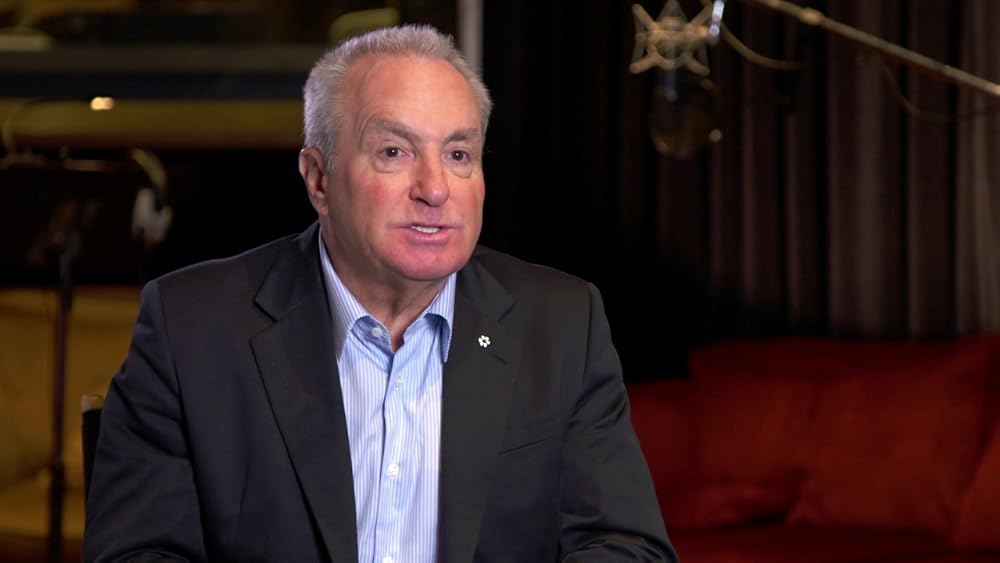
While carriage fights threaten sports fans most — losing NFL or Premier League coverage is catastrophic — late-night TV is especially exposed.
Dependence on Broadcast: Unlike scripted dramas, which are quickly rerun or streamed, late-night thrives on timeliness. If a viewer can’t see Fallon’s or Meyers’ monologue the night it airs, its relevance fades.
Streaming Split: NBCU directs viewers to Peacock for next-day access, but YouTube TV subscribers are accustomed to live broadcasts. The extra hurdle could drive casual viewers away entirely.
Shrinking Audience: With Colbert exiting and Kimmel’s show under constant political pressure, NBC’s Tonight Show, Late Night, and SNL remain three of the last big broadcast titles anchoring the genre. A blackout would deepen the perception that late-night is fragile and dispensable.
Fallout for Viewers
If the deadline passes with no deal, YouTube TV subscribers will be left scrambling:
Switching Services: Fans could turn to Hulu + Live TV, Sling, or DirecTV Stream, all of which still carry NBCU.
Peacock: NBC’s streaming platform offers SNL and late-night programming, but not everyone wants to juggle extra subscriptions.
YouTube TV’s Offer: According to USA Today, Google has promised a $10 credit if NBCU channels are pulled. That’s small consolation for losing Fallon, Meyers, SNL, and major sports coverage.

The Cultural Impact
The risk isn’t just immediate inconvenience — it’s the continued erosion of late-night as a cultural institution.
Fallon: Already struggling to maintain ratings, losing 9.4 million households would weaken his reach at a time when Trump is openly calling for NBC to fire him.
Meyers: His politically charged Closer Look segments thrive on YouTube virality, but losing live TV access cuts down his pipeline of casual viewers.
SNL: The sketch comedy institution’s Season 51 premiere was already a make-or-break moment with new cast members. A blackout would mute its cultural splash at the worst possible time.
Not the First Time
This isn’t the first high-stakes fight between Google and a major broadcaster:
Summer 2025: Fox nearly lost carriage on YouTube TV, which would have taken Gutfeld! off millions of screens. The dispute was resolved just before the deadline.

2021: NBCU and YouTube TV clashed in another round of negotiations, with similar threats of blackouts. That deal was resolved with minimal disruption.
Each new fight suggests that as cord-cutting accelerates, carriage disputes will become a regular headache for viewers.
Conclusion: Another Deadline Drama
The countdown is on. If NBCU and Google can’t reach a deal by Sept. 30, The Tonight Show, Late Night, and Saturday Night Live will vanish from YouTube TV screens across the country.
NBCU says it deserves fair value. Google says it won’t cave to unfair terms. Viewers say they just want to watch their favorite late-night shows without interruption.
At a time when CBS is bowing out of late-night and ABC is fighting to keep Jimmy Kimmel on the air, the NBC–Google standoff feels like one more crack in the foundation of a genre that once seemed untouchable.
